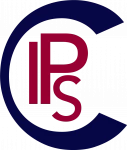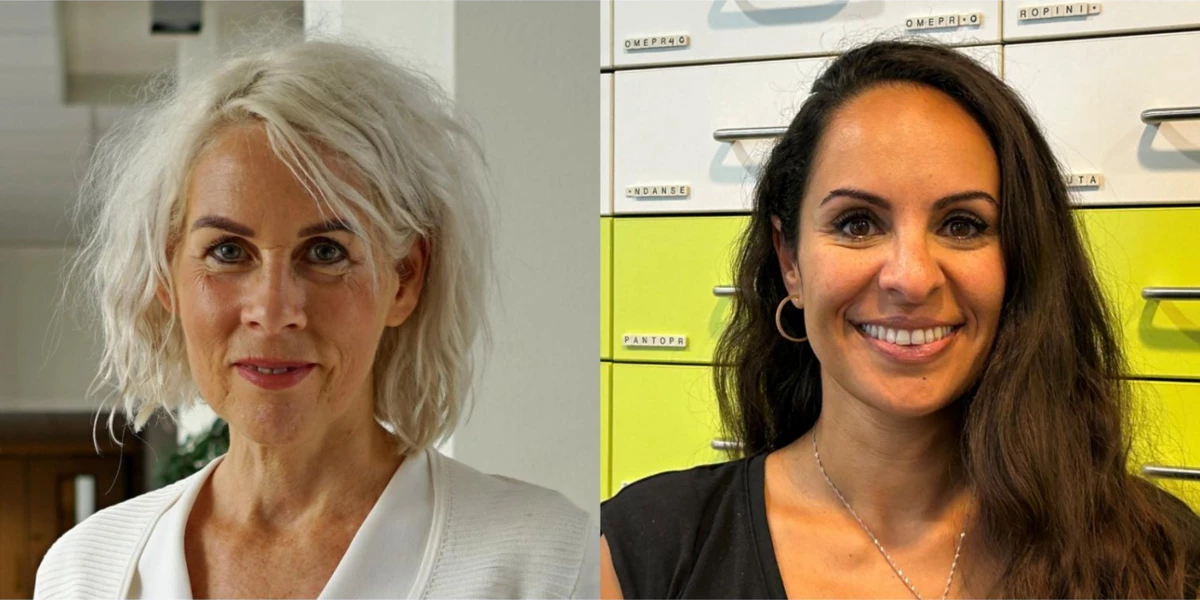Treatment adherence hinges on good communication and trust in the treatment
Encouraging treatment adherence remains a significant challenge, especially with antihypertensives. It is crucial that the patient has trust in the treatment. Equally important is that all healthcare providers involved in a treatment speak with one voice. Professor of health psychology, Prof. Dr. Andrea Evers and pharmacist Mira Assal discuss treatment adherence as a neglected aspect of healthcare. 'Adapt your communication.'

Promoting optimal treatment adherence to conventional medication is more important for people's health than yet another new drug. Prof. Dr. Andrea Evers, professor in health psychology at Leiden University, supports this assertion. 'Non-adherence to medication is a major problem, especially when it comes to antihypertensives,' she says. She conducts extensive research into treatment adherence and the role of placebo and nocebo effects in this context. As a psychologist, she guides patients struggling with extreme anxiety about treatments or medication side effects.
Positive expectations
It is crucial that patients have confidence in their treatment and their healthcare provider, says Evers. 'Building trust based on an honest, open relationship is important for forming positive expectations about treatment. Pay attention to how the patient feels about it. Does someone not want "that chemical stuff"? It's important to adapt your communication. You can mention that side effects occur in 10 percent of people. This can create a 'nocebo' effect, leading people to actually experience those side effects. It might help, for instance, to mention that 90 percent of patients do not experience side effects. Patients need to feel heard, and feel that their healthcare provider understands what's important to them. Non-verbal signals are also important. When you're sitting during the conversation, people feel like you have more time for them than when you're standing. Avoid staring at a screen and make eye contact.'
It is also important that a patient supports the treatment and is convinced of its value. 'Especially with antihypertensives, this is a problem. Doctors constantly complain about it. Emphasizing the long-term benefits in the conversation with the patient is crucial. What would you like to do in the long run? Do you want to still be able to play with your grandchildren? Or is there a specific job someone wants to continue doing? Such considerations motivate patients. Emphasize that if someone doesn't use their medication, its effects cannot be evaluated,' says Evers.

Personal health
Pharmacist Mira Assal, working at Haven pharmacy in Leiden, supports the idea that trust in treatment is important for good adherence. However, clarity about the treatment is also essential, she indicates. 'Adherence involves two things: actually using the medication and doing so correctly, also referred to as primary adherence and secondary adherence.'
And these two aspects often go wrong, Assal knows from experience. 'Patients often have different ideas about their medication than healthcare providers think. For instance, they might be on vacation and not take their medication or use it only when they feel it is necessary. Another example: homecare once called me about a woman who accidentally doubled her intake of all her medication, including her beta-blocker and loop diuretic. We then kept a closer eye on her blood pressure. With SGLT-2 inhibitors like dapagliflozin and empagliflozin, we frequently see people getting scared of fungal infections as a possible side effect and deciding not to use this medication on their own.'
Healthcare providers do not always realize that it is far from guaranteed that patients will actually use their medication, says Assal. 'In that sense, adherence is a neglected aspect in healthcare. Sometimes, people just are not focused on their own health. For example, a man was given medication for diabetes and heart failure. He didn't use it because he had to take care of his sick mother, which he found more important at that moment than his own health. However, he did consistently pick up the medication.'

Questioning eyes
A crucial requirement for the correct use of medication is clear communication among healthcare providers: with the patient and among themselves. This is far from being a given, notes Assal, who is involved in the neighborhood collaboration called 'Gezond Leiden'. 'Sometimes, a doctor adjusts a dosage but does not confirm if the patient understood this change. Then the patient comes to the pharmacy, and we ask if the prescription has indeed been adjusted. Often, we then see questioning eyes. Within our collaboration, we have aligned this process. We also agreed that GPs explain about the condition while we cover the medication. This way, we complement each other and prevent duplicate information.'
Communication between the primary and secondary healthcare systems can also improve. 'Usually, in the pharmacy, we are not aware if a specialist has modified or stopped the medication. Patients often are not aware either. It would be good if there was an agreement for specialists to clearly indicate this. Otherwise, eventually, we will have to call them anyway. Even during a clinic visit, it is important that a medication change is clearly stated on the prescription,' says Assal. Evers recognizes these issues. 'Everyone is somewhat focused on their own field. Improving communication between various disciplines is a challenge because it takes a lot of time to facilitate everyone's communication. What we aim to do is to widely promote this awareness from our knowledge center and, for instance, offer broad training'
Confusion of tongues
Assal puts in every effort from her position to enhance adherence and communication. Her inclination toward cardiovascular conditions stems from personal experience. 'That's because my father is a heart patient, and I accompany him to all doctor visits, both inside and outside the hospital. Through this, I have realized that communication in healthcare remains a significant challenge. Even among cardiologists, there are instances where they are unaware of each other's approaches to a patient. The same applies between doctors and pharmacists.'
For example, there can be confusion about the meaning of a particular dosage, says Assal. 'When pharmacists mention "3 times a day," they mean three intake moments spread throughout the day. But for a doctor, it might also mean taking one tablet in the morning and two in the evening. Let alone the patient understanding this correctly. This becomes clearer if the intake times are precisely stated on the prescription. Some people truly do not understand what is meant by "three times a day." You have to spell it out entirely: 8:00 in the morning, 14:00 in the afternoon, and 20:00 in the evening. For those who cannot read, we illustrate the times with dashes. It is crucial to speak in layman's terms. As pharmacists, we learn this during our education. I have noticed that doctors often stick to medical jargon when speaking to their patients.'
Sustainability
Through the pharmacy computer system, Assal monitors whether patients are adherent to their medication. 'If someone picks up their medication too early or too late, we have a conversation. We also routinely ask patients at the counter how their medication use is going. When someone's repeat medication is ready, we send a notification. We do this for cardiovascular medication as well as other prescriptions. Because non-adherence is a widespread issue across all types of medication. We give patients simple tips, such as placing medication strips next to their toothbrush or alarm clock.'
Non-adherence has a broader perspective, as highlighted by Evers. 'It leads to an incredible amount of medication wastage, which is undesirable in terms of sustainability. This is a suitable theme to engage the patient's commitment. For instance, make an agreement with the patient that they return unused medication. Patients might not always consider themselves and their health as significant, but they might be sensitive to a cause like sustainability.'
Knowledge center focuses on placebo research
Increasing positive expectations about a treatment enhances its likelihood of success. With this approach, the Center for Interdisciplinary Placebo Studies (IPS) in Leiden promotes research into placebo effects. The IPS is the first Dutch knowledge center in this field. Health psychology professor Andrea Evers: 'Research among individuals who underwent heart surgery showed us that positive long-term expectations about treatment contributed to better recovery. We pass on knowledge from our research to healthcare providers. For instance, through an e-learning program on medication adherence available via the Institute for Responsible Medication Use. We have also developed virtual reality training based on artificial intelligence (AI). This allows healthcare providers to practice in an online environment with a virtual patient who responds to language and behavior. Currently, we are extending our knowledge about placebo and nocebo effects and how they influence adherence across Europe.'
The e-learning program 'Enhancing Treatment Effects through Communication' can be accessed at https://www.medicijngebruik.nl/scholing/e-learning/4942/behandeleffecten-verbeteren-via-communicatie
Original Dutch text by Marc de Leeuw, via hartenvaat.nu

